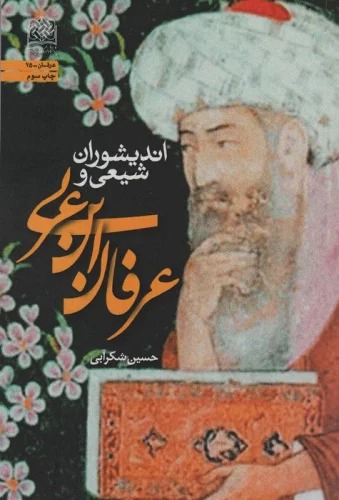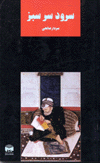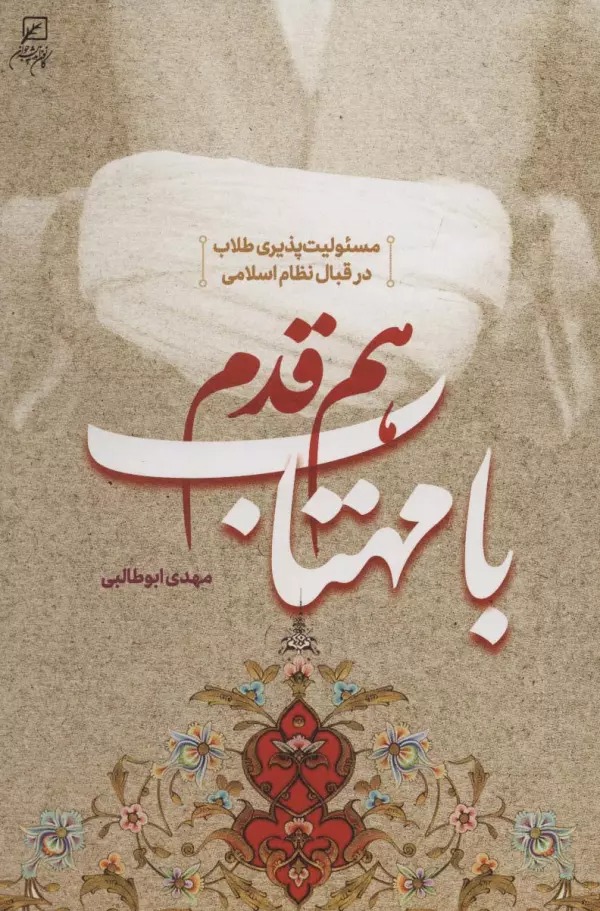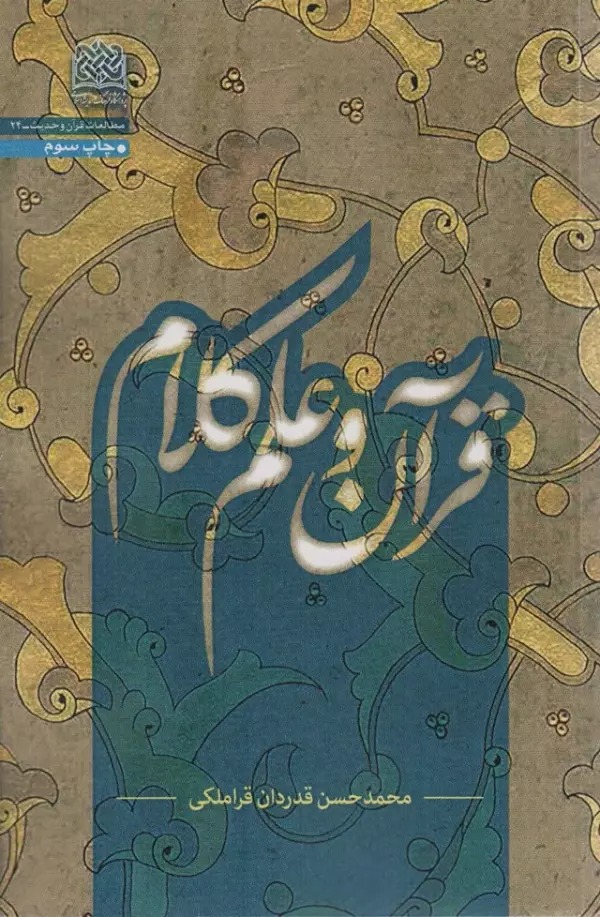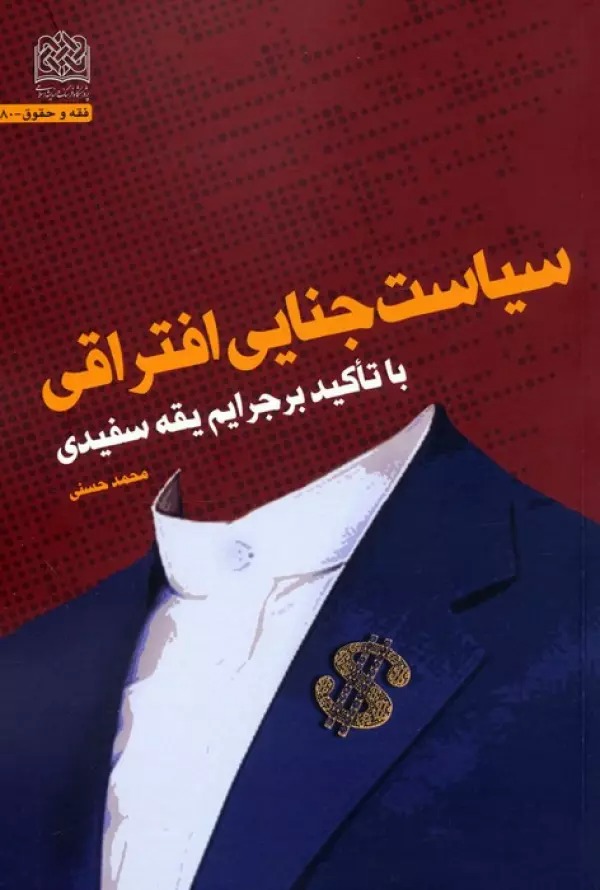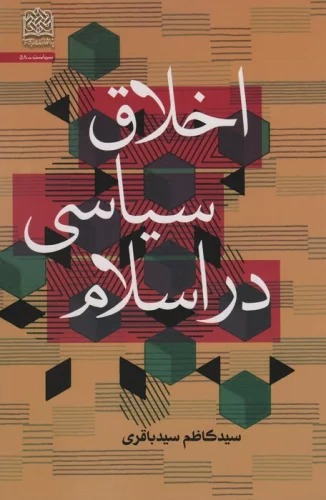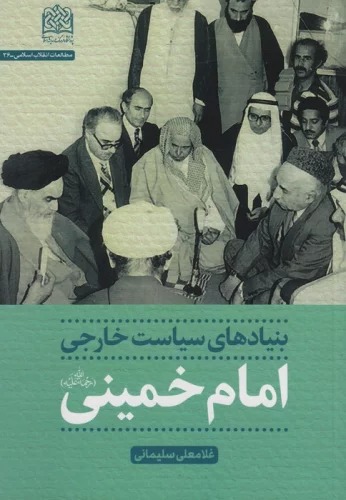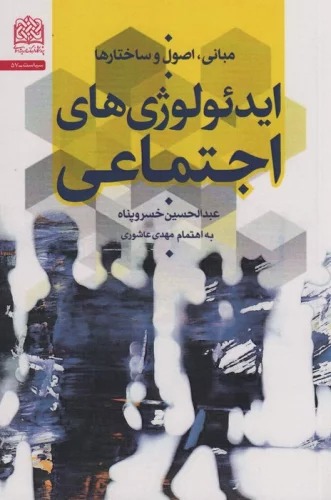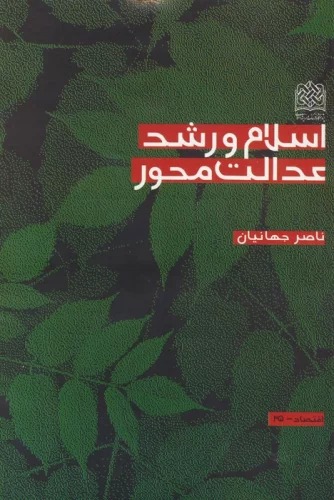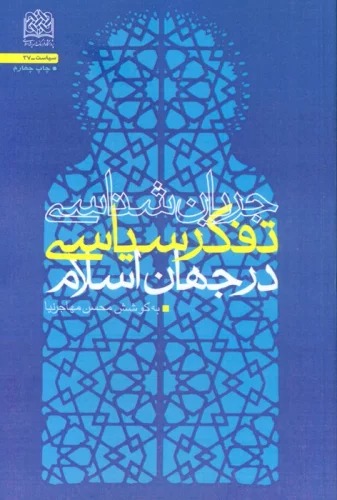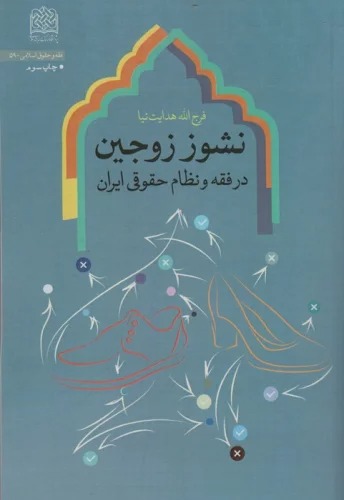Andīshvaran-i Shī'ī va 'Irfan-i Ibn-i 'Arabī: Persian 2023
اندیشوران شیعی و عرفان ابن عربی
17.52 $
Share
Wishlist
Original Title:
اندیشوران شیعی و عرفان ابن عربی
ISBN:
9786001084225
Publisher:
Pazhuhishgah-i Farhang va Andishih-yi Islami
Age Group:
Adult
Pages:
391
Weight:
425 g
Dimensions:
14 x 21 x 3.6 cm
Book Cover:
Paperback
Ibn Arabi's mysticism, although it originated in the Islamic Maghreb, became more popular in the East of the Islamic world. Ibn Arabi is unique in the abundance of his works in the field of mysticism; But among his mystical works, the book "Fusus al-Hakm" has always been the focus of many Shia thinkers, and the gentle foundations of his thinking with Shia doctrines have been the basis for comments in line with Shia beliefs. The wide attention given to Ibn Arabi's mysticism shows the capacities that exist in the text of his works for an interpretation that is compatible with the Shiite taste.
Of course, the Shia thinkers, who have written a commentary on Ibn Arabi's books, especially Fusus al-Hakm, or have written in the field of his mysticism, are concerned with the adaptation of his mystical teachings to the Shiite principles and his criticism of the example of absolute and binding guardianship and other issues that, in their opinion, They have been against Shia's explicit beliefs, they have not refrained.
more
عرفان ابن عربی، گرچه در مغرب اسلامی تکون یافت، اما در شرق جهان اسلام، رواج بیشتری پیدا کرد. ابن عربی در کثرت تألیفات در حوزه عرفان، بی نظیر است؛ اما در بین آثار عرفانی او، کتاب «فصوص الحکم»، همواره مورد توجه بسیاری از اندیشوران شیعی بوده و مبانی ملایم اندیشگی او با آموزههای شیعه، زمینه ساز اظهار نظرهایی همسو با عقائد شیعه،گردیده است. توجّه گسترده به عرفان ابن عربی، نشانگر ظرفیتهایی است که در متن آثار وی، برای تفسیری موافق با مذاق شیعی وجود دارد.
البته اندیشوران شیعه، که بر کتابهای ابن عربی بخصوص فصوص الحکم، شرحی نگاشته یا در حوزه عرفان او قلم زدهاند، از تطبیق آموزههای عرفانی او با مبانی شیعی و نقد نظر او در باره مصداق ولایت مطلقه و مقیده و دیگر مسایلی که به نظر آنان، مخالف عقاید صریح شیعه بوده است، خودداری نکردهاند.
more

